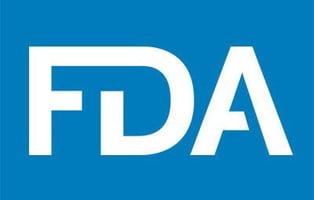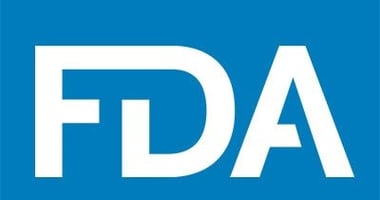The Food and Drug Administration (FDA) announced yesterday that it has issued class-wide safety...
FDA Approves Hand-Held Device to Rapidly Reverse Opioid Overdose
 |
"Over the past 10 to 15 years we have been experiencing a staggering epidemic of opioid overdose deaths," Petros Levounis, M.D., M.A., chair of psychiatry at Rutgers New Jersey Medical School and a member of the APA Council on Addiction Psychiatry, said in an interview with Psychiatric News. "The approval of a naloxone auto-injector....will make a big difference in saving lives. It essentially gives patients, their friends, and their families the power to instantaneously reverse a near-fatal event."
Evzio, which is injected into the muscle or under the skin, rapidly delivers a single dose of naloxone equivalent to a single dose of naloxone injection from a standard syringe. Evzio injections can be easily administered by family members or caregivers of those with opioid addiction. Once the auto-injector is turned on, it provides verbal instructions to the user describing how to deliver the medication, similar to automated defibrillators. The FDA recommends that caregivers of people known to abuse opioids become familiar with the instructions or practice with a device trainer before use of the auto-injector is needed.
The FDA, which placed the device in its fast-track approval process, emphasizes that Evzio is not a substitute for immediate medical care and that the person administering Evzio should seek immediate medical attention on the patient’s behalf. Repeated Evzio injections may be needed, since naloxone may not work as long as opioids.
For more detailed information about the FDA's approval of Evzio, click here. To read more about attempts to address the epidemic of opioid abuse, see the Psychiatric News article, "Medication Shows Promise in Treating Opioid Painkiller Addiction."




